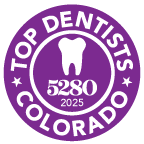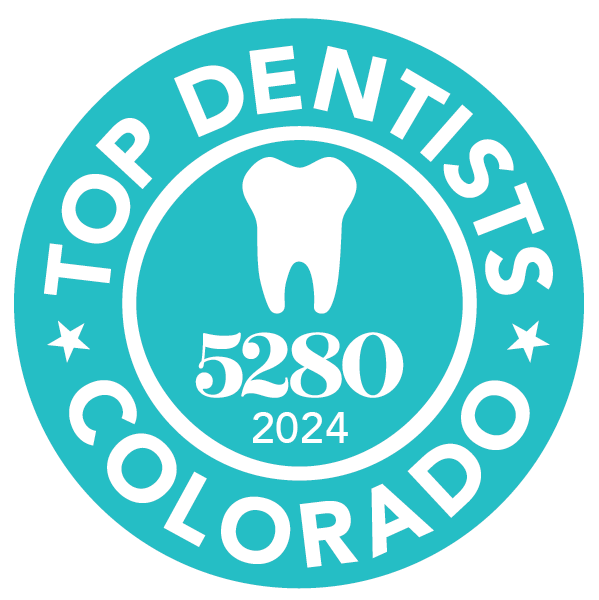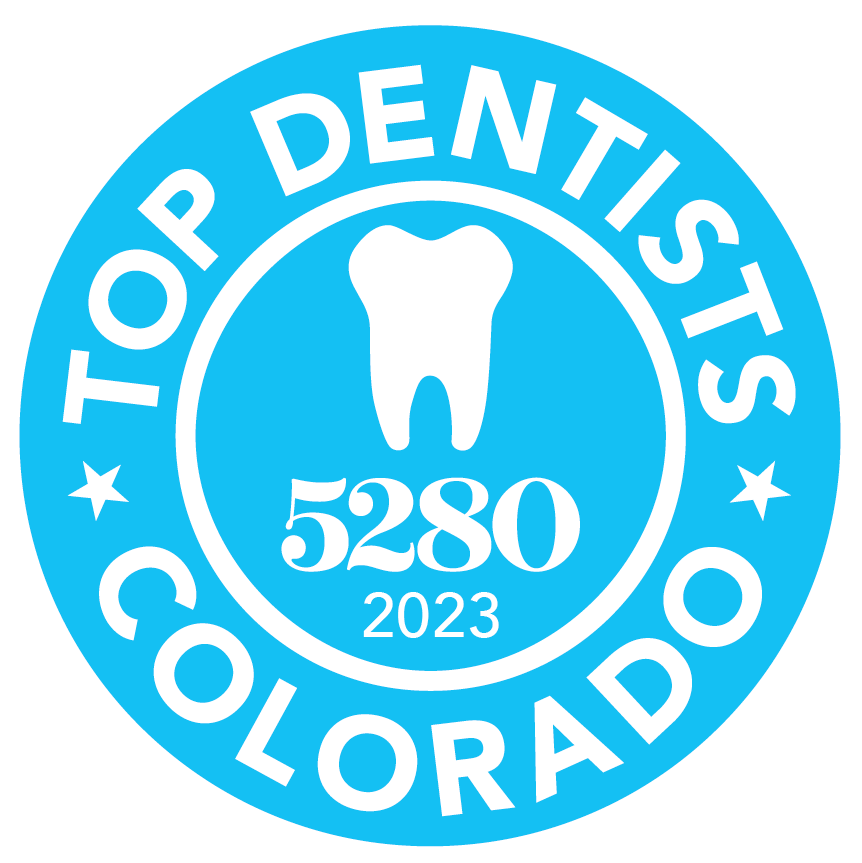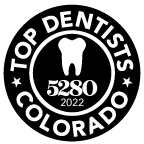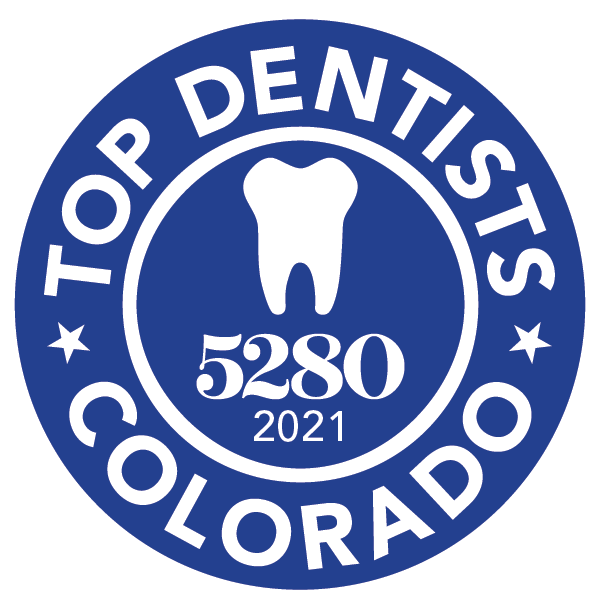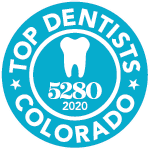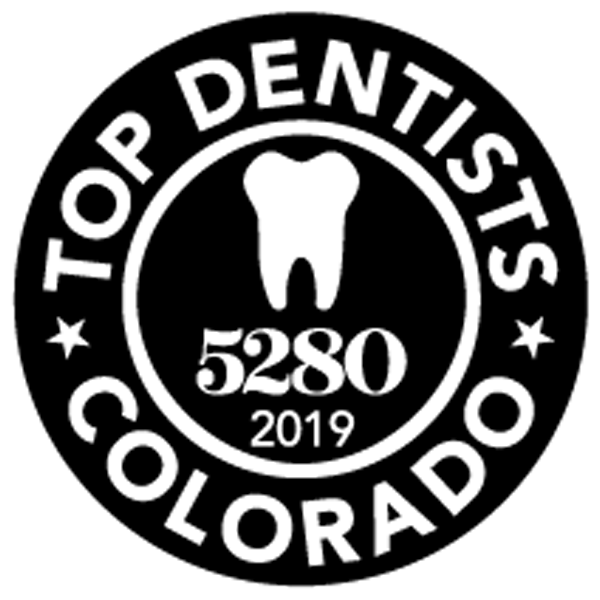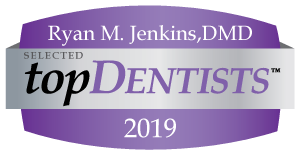Having a tooth extracted is a very traumatic thought for some, but when performed by an experienced surgeon, such as Dr. Ryan Jenkins here at Littleton Implants & Periodontics, the procedure will be a much smoother and more comfortable experience.
Causes For Extracting A Tooth
There are many reasons why you may need to have a tooth extracted. Some of these reasons include:
- Decay or Trauma – Any time a tooth is damaged or decayed, every attempt will be made to save the tooth, either by dental fillings or dental crowns. However, some cases are too severe for the tooth to be saved and in these circumstances, you may need to have the tooth removed to avoid further damage. This usually occurs when the decay has progressed under the gums and is close to the bone.
- Root Fracture – When a root fractures, the fracture cannot be repaired, and the tooth will need to be extracted. Root fractures typically occur in root canal treated teeth or molars, however any root can fracture.
- Gum Disease – Gum disease is one of the most common causes of tooth loss. As the infection in the gum tissue progresses, it will begin to break down the bone and connective tissues that hold your teeth in place. As this happens, the teeth will loosen and may eventually fall out or require extraction.
- Teeth Crowding – Tooth crowding happens when your teeth are too large for your mouth. A tooth or two may need to be pulled in order to help the other teeth align properly. This is a common procedure done before receiving orthodontic braces.
- Tooth Infection – When decay or infection reaches into the pulp (the center) of the tooth, the infection can fester and be allowed to spread. Root canal therapy can commonly help treat this problem, but if your root canal therapy doesn’t eliminate the infection, it may become necessary to remove the tooth.
What To Expect During Your Extraction
Dr. Ryan Jenkins will examine your X-rays and determine the best way to remove your tooth.
Surgical Extraction – Dr. Jenkins extracts all teeth utilizing atraumatic surgical techniques and instruments in order to preserve as much bone as possible for future dental implants. Local anesthesia will be applied to the area. Dr. Jenkins will then make a small incision in the gum tissue around the tooth. The gum tissue is slightly elevated in order to fully access the tooth for atraumatic removal. If severe decay or insufficient tooth structure is present, Dr. Jenkins may have to surgically divide the tooth into multiple pieces in order for atraumatic removal. If the roots of the tooth still cannot be removed, Dr. Jenkins may have to remove some bone around the roots in order get them out. Once the tooth and all roots are removed, Dr. Jenkins will then perform ridge preservation (link to ridge preservation) and graft the sockets to promote healing and prevent bone shrinkage.
If you’d like to learn more about what to expect during your tooth extraction or to make an appointment with Dr. Jenkins, please call Littleton Implants & Periodontics today. Our office is located in Littleton, Colorado.
Ridge Preservation
When a tooth is extracted, the surrounding bone will shrink significantly during healing. It is important to preserve as much of the remaining bone as possible in order to place a dental implant in the future. A bone graft placed into the extraction socket right after the tooth is removed will help preserve the bone and prevent bone shrinkage. This is a very important step that Dr. Jenkins performs during every tooth extraction. After the tooth is removed, the empty socket left in the bone is thoroughly cleaned. The bone graft is then placed into the extraction socket and covered with a resorbable collagen membrane. The membrane and the gum tissues around the extraction socket are then secured with sutures, and the area is left to heal. After 4 months of healing, a Cone Beam CT scan will be taken to evaluate the bone to plan for dental implant placement.
